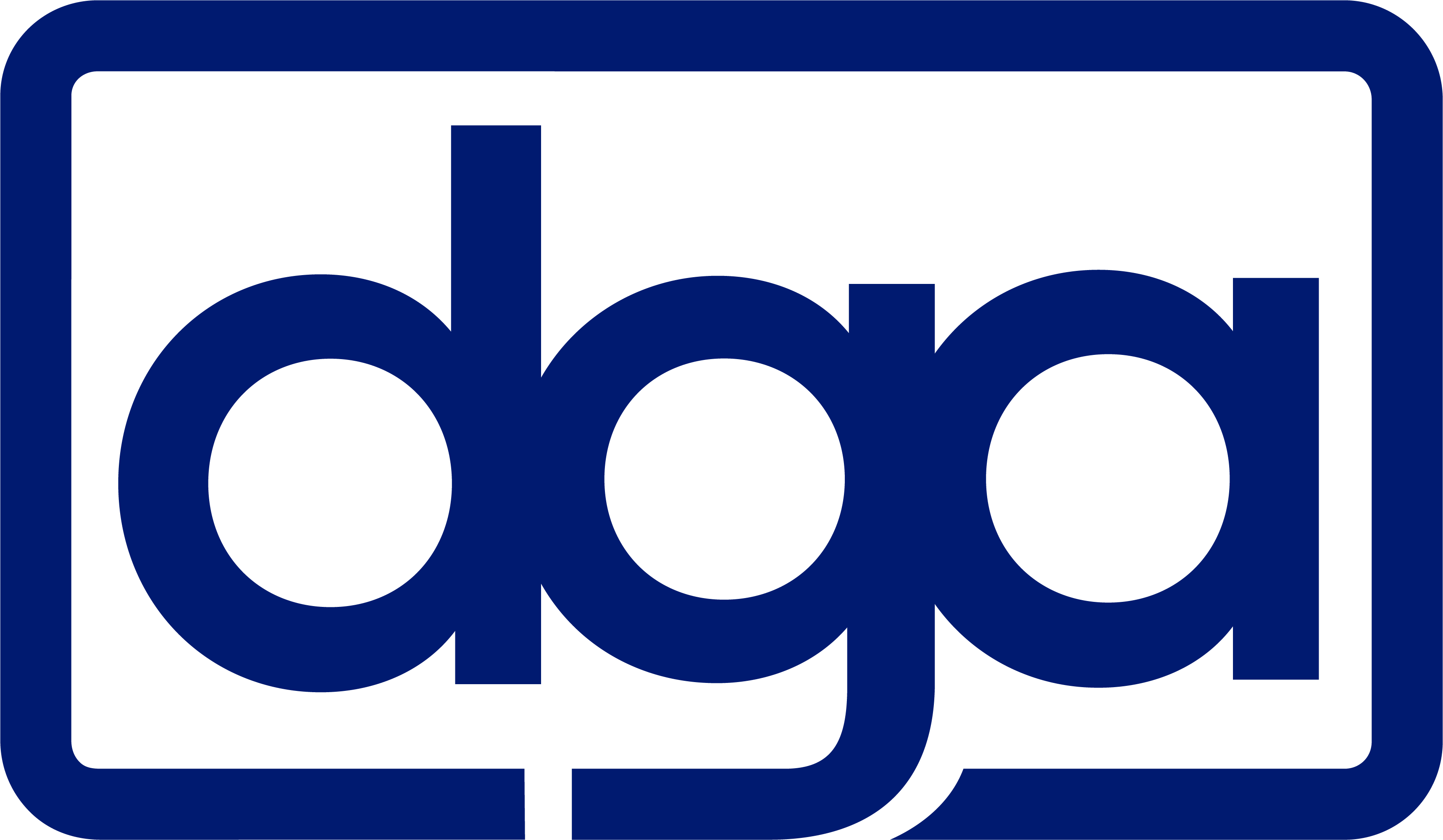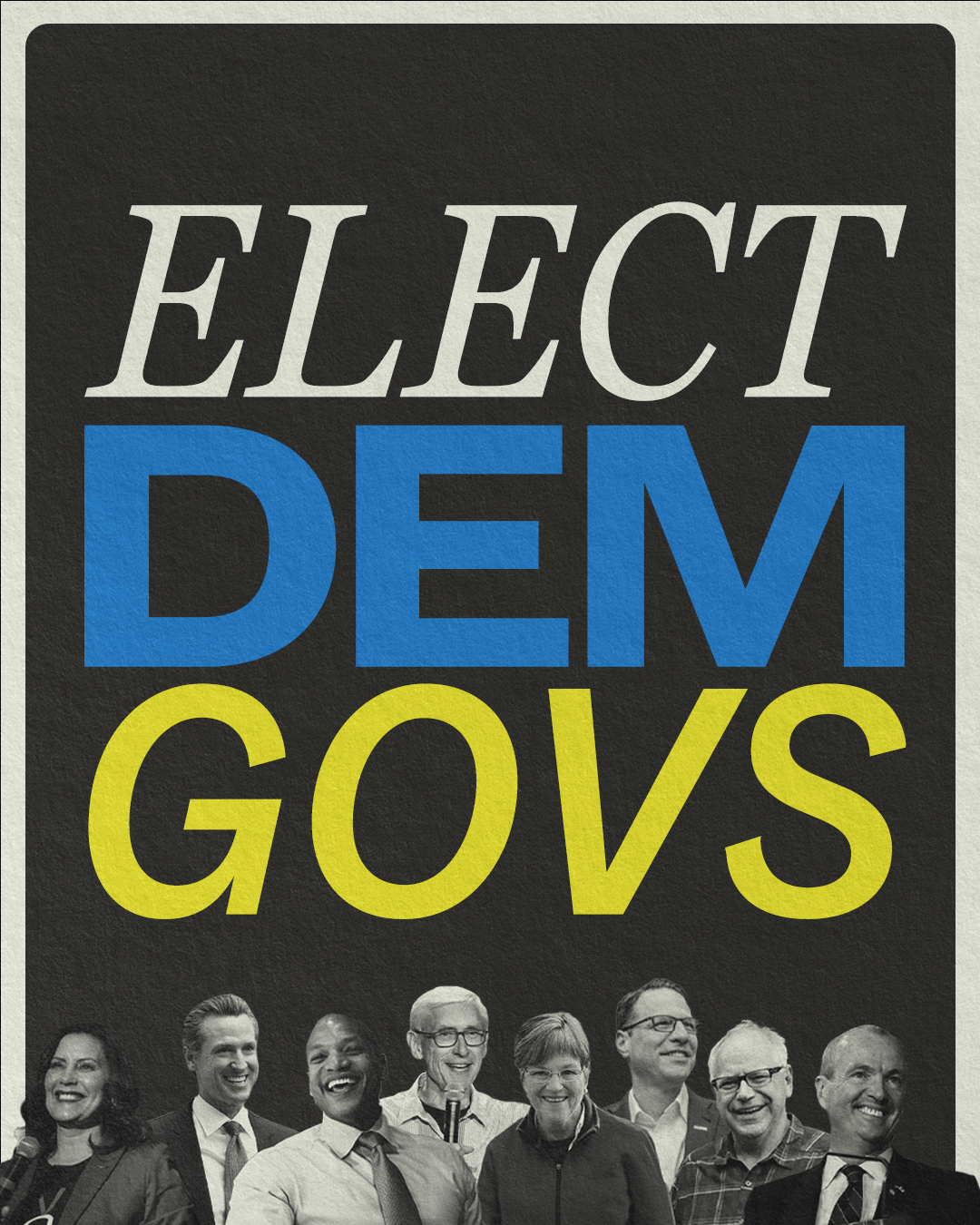ICYMI: Governor Wolf Fighting the Opioid Crisis
In case you missed it, Pennsylvania Gov. Tom Wolf joined NPR’s Morning Edition to talk about steps he is taking to fight the opioid epidemic. Under Wolf’s leadership, the state expanded law enforcement access to the life-saving drug Narcan, opened 45 new treatment centers last year, and bolstered opioid training for doctors and other medical professionals. Many of the measures taken in Pennsylvania can be used nationally to fight the epidemic everywhere.
Listen here:
Steve Inskeep: So I hear you saying one thing that you want the federal government to do: don’t mess with Medicaid, or the Medicaid expansion, which was part of Obamacare. If President Trump were to call you up and say, “give me something else. What is one thing that I could do as the President of the United States for Pennsylvania?” What would you tell him?
Gov. Wolf: Well I’ll give you two other things. In addition to that, the second thing would be to expand the opioid training for doctors. That’s something that we’re doing in Pennsylvania, but medical schools and deans of medical schools really seem to want. And the third thing would be to create a standing order, a national prescription, use the Surgeon General’s power to create a standing order for Narcan for everybody. We’ve done that in Pennsylvania. It really works. With this health emergency, he can do that nationally.
Listen to the entire interview HERE.
###
Here’s full list of Governor Wolf’s work on the opioid crisis:
- Implemented more than 45 treatment centers that will treat more than 11,000 individuals with substance use disorder.
- Expanded Medicaid to more Pennsylvanians, which now covers substance use disorder care for over 125,000 Pennsylvanians.
- Secured a $26.5 million federal grant to support prevention, treatment, and recovery services to battle the opioid epidemic.
- Grew the number of drug take-back boxes to more than 700 and destroyed more than 301,300 pounds of drugs.
- Equipped law enforcement, first responders, and schools with the overdose-reversing antidote naloxone, reversing nearly 4,000 heroin and opioid overdoses since 2014.
- Issued a standing order — a prescription written for the general public, rather than specifically for an individual — for overdose-reversing antidote naloxone.
- Strengthened the use of the Prescription Drug Monitoring Program (PDMP) , which enables health care providers to safely prescribe controlled substances to their patients. 90,000 physicians have conducted more than 1 million searches since the program became operational in 2016.
- Announced improved prescribing guidelines for the safe and effective use of opioids, including in sports medicine, for minors, and Pennsylvanians on Medicaid, as well as improved education for medical professionals on opioid prescribing.
- Launched a 24/7 helpline, 1-800-662-HELP, for those who need immediate assistance with drug and alcohol problems. More than 15,000 Pennsylvanians have contacted the statewide helpline for assistance.


